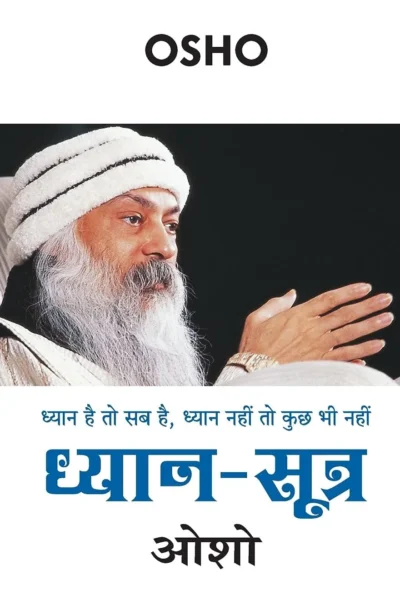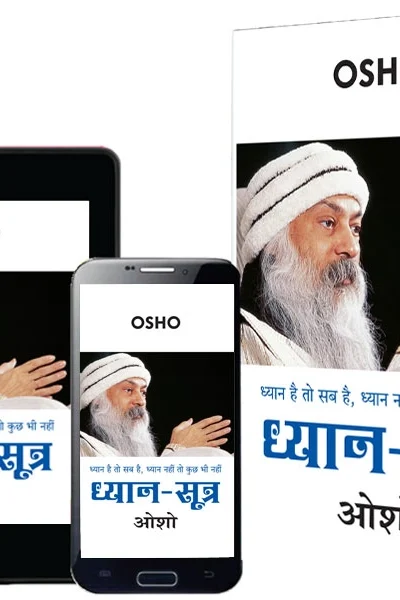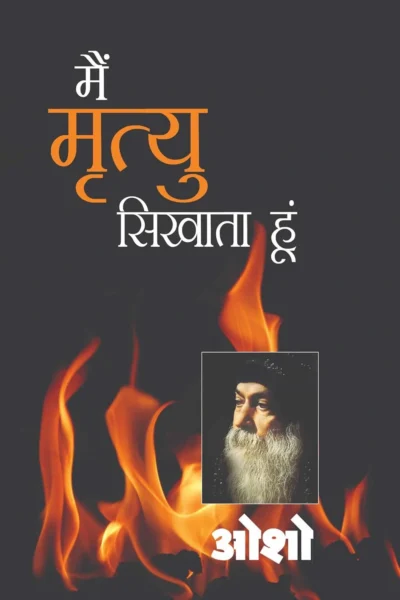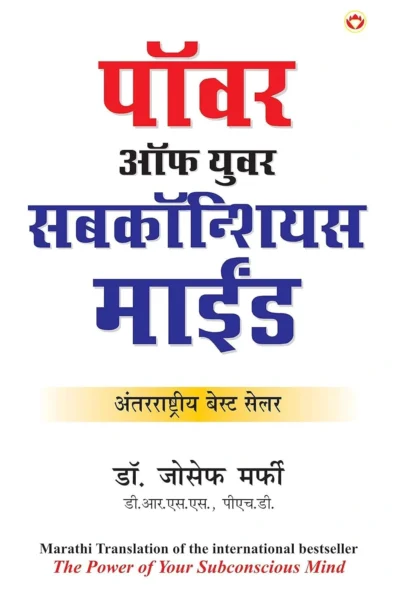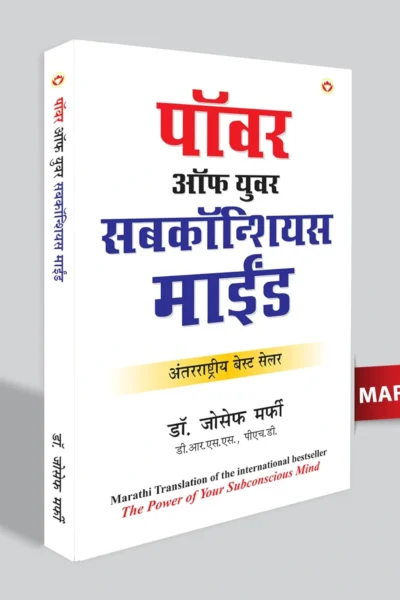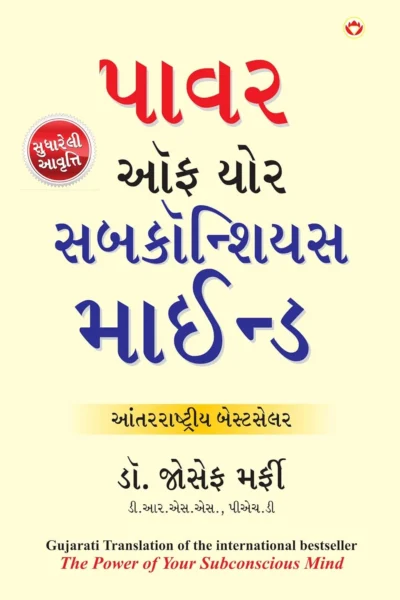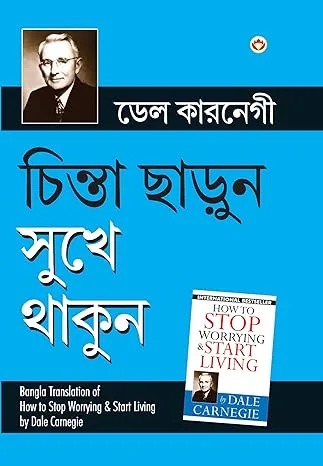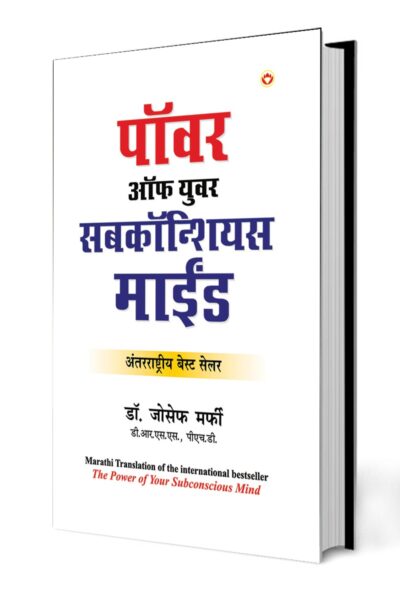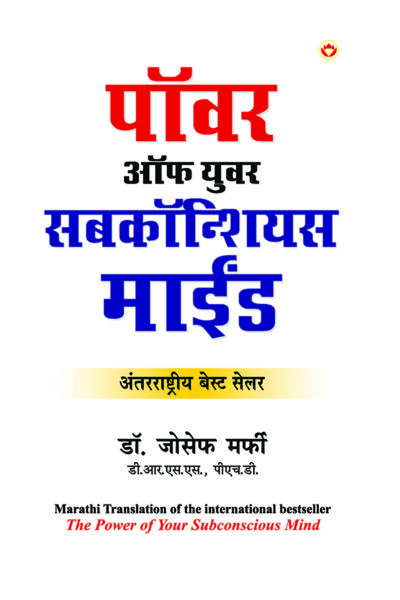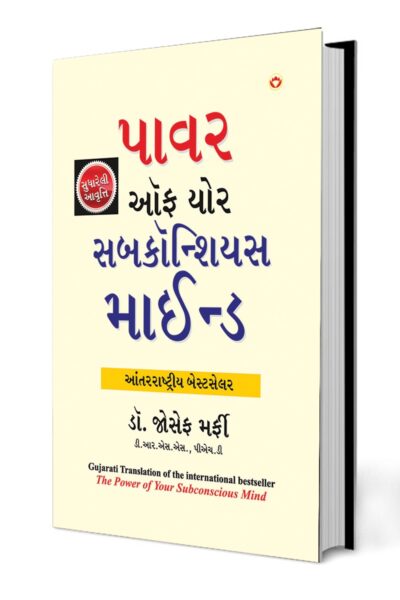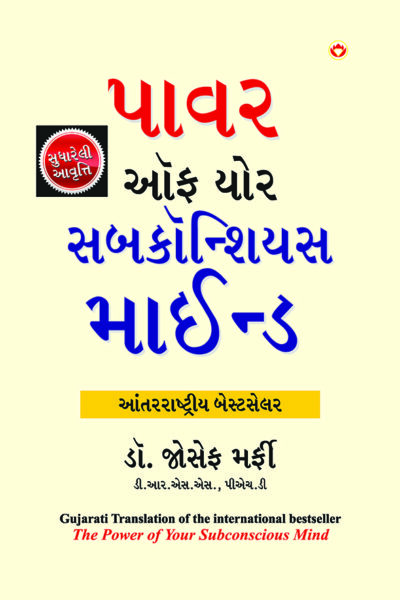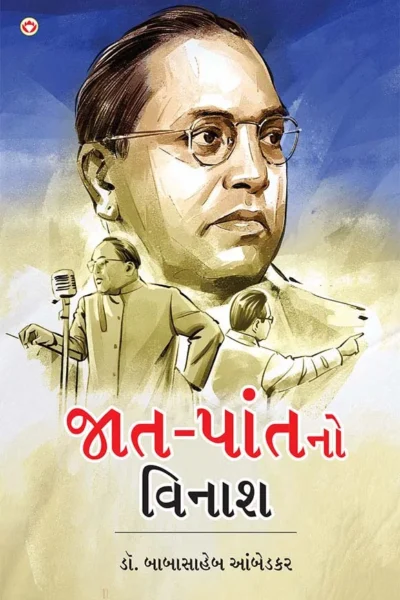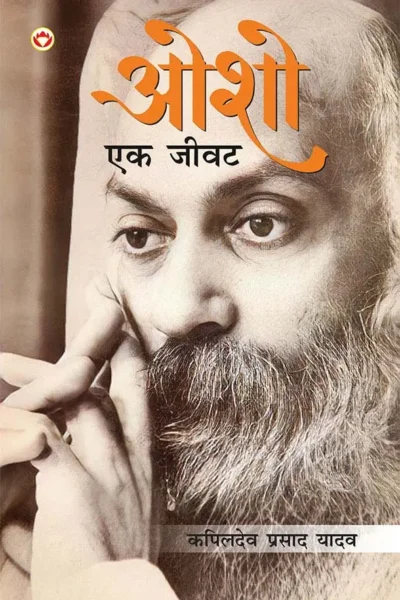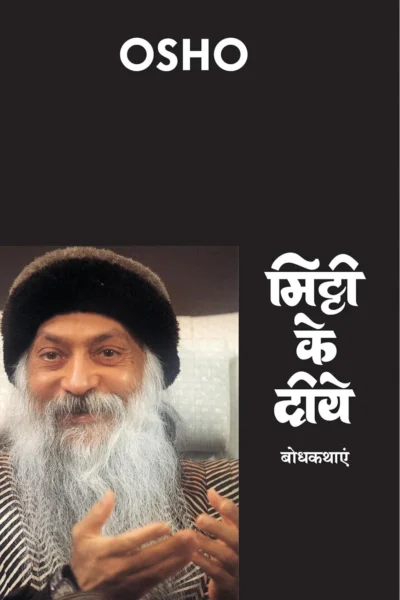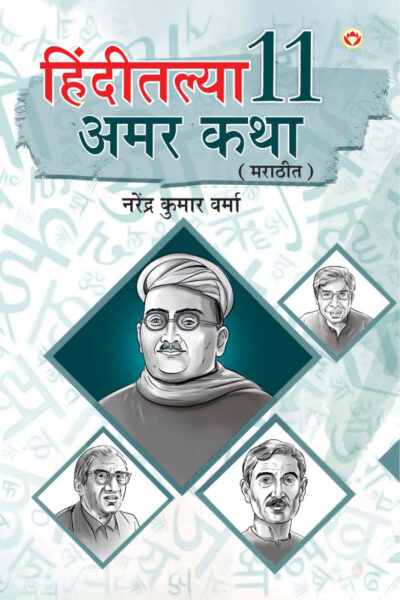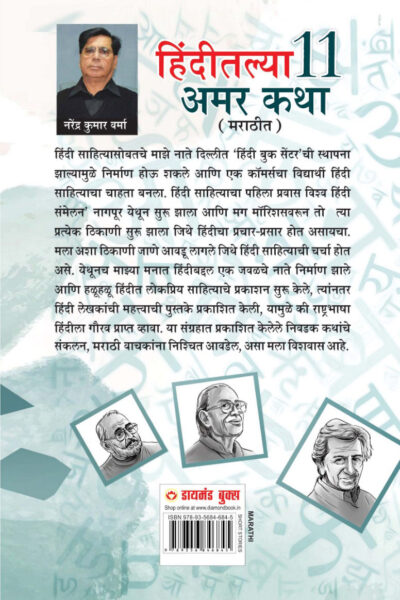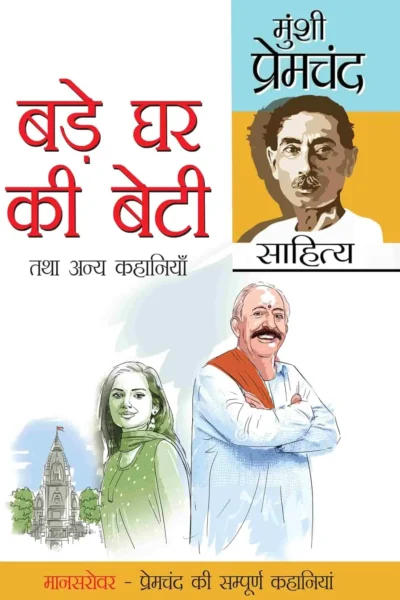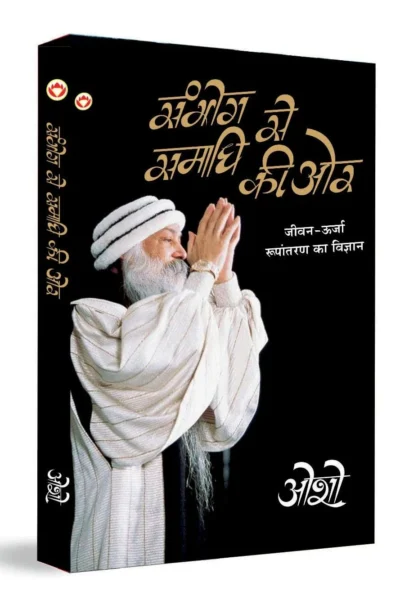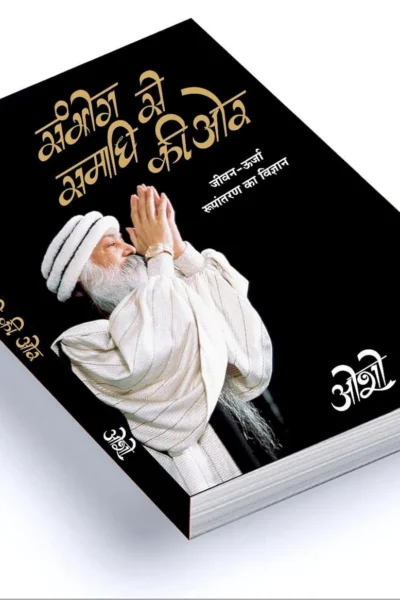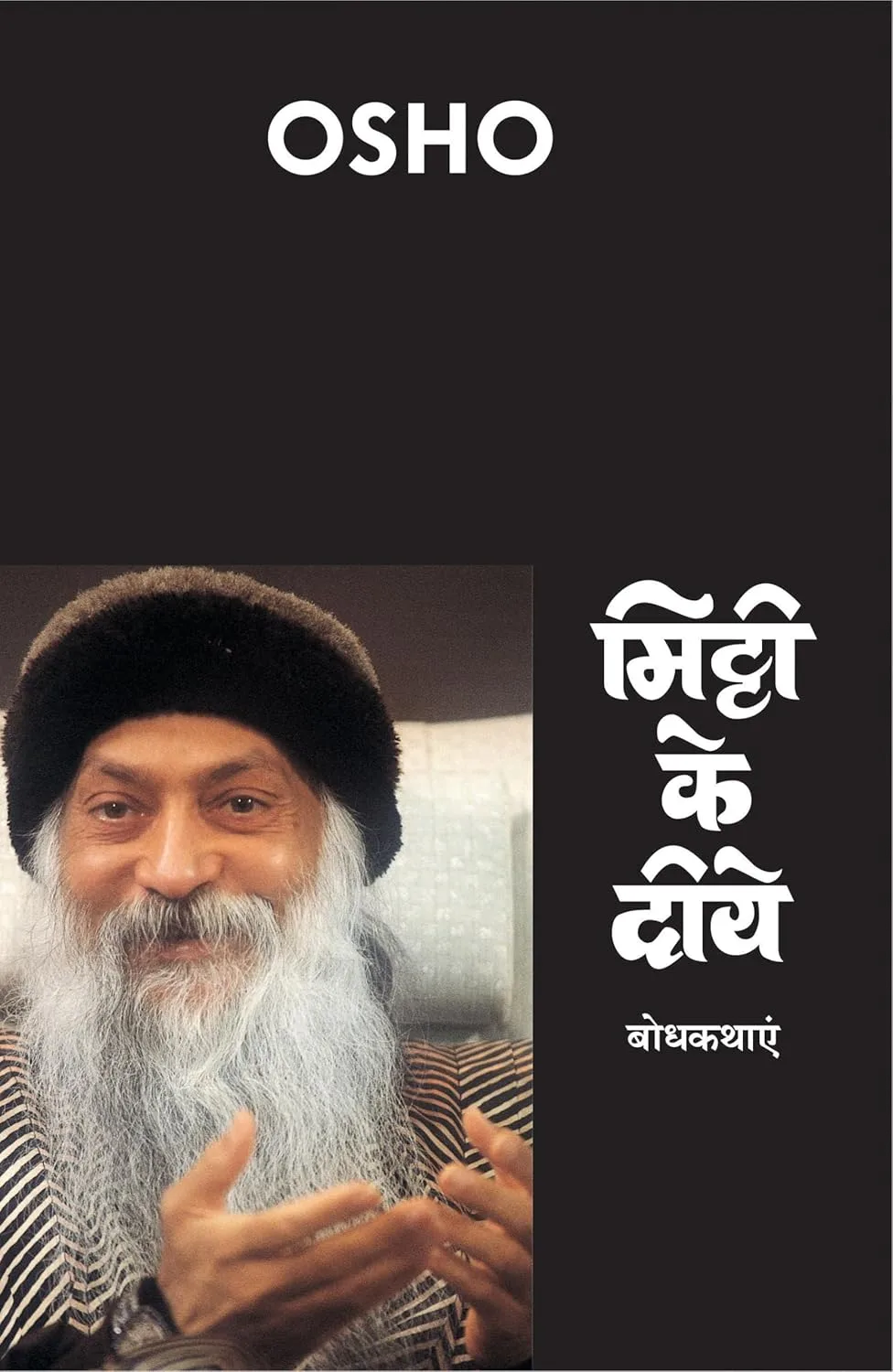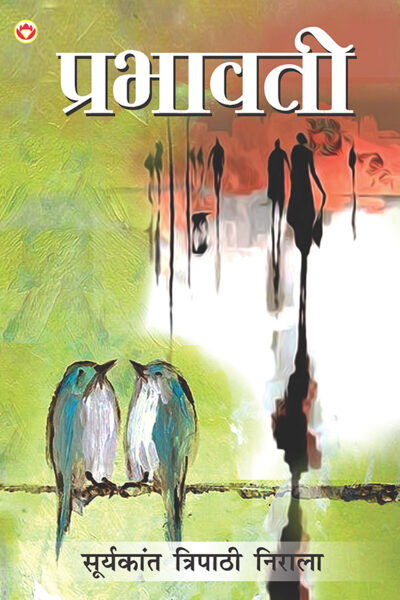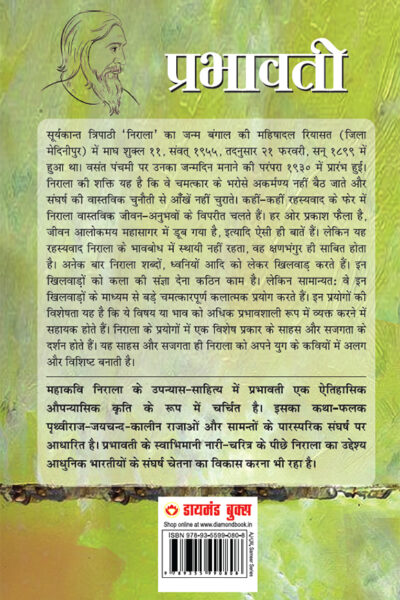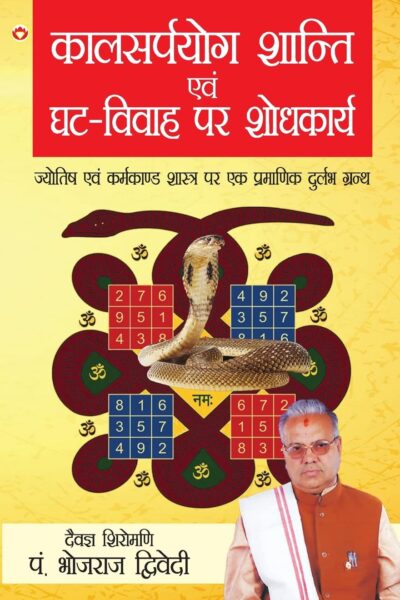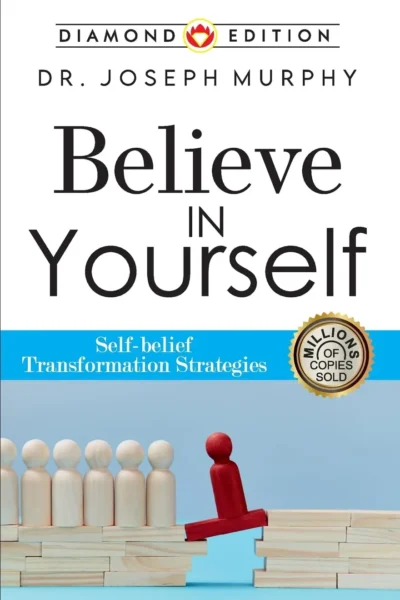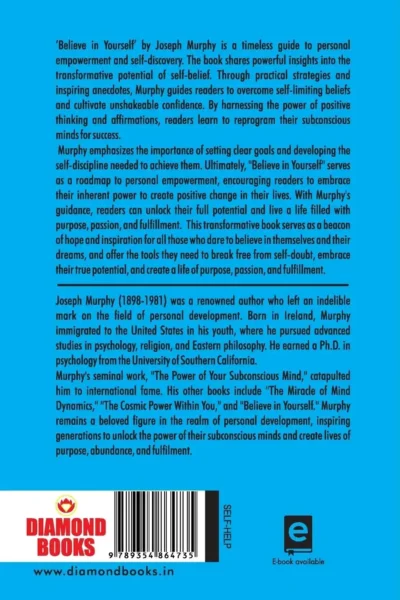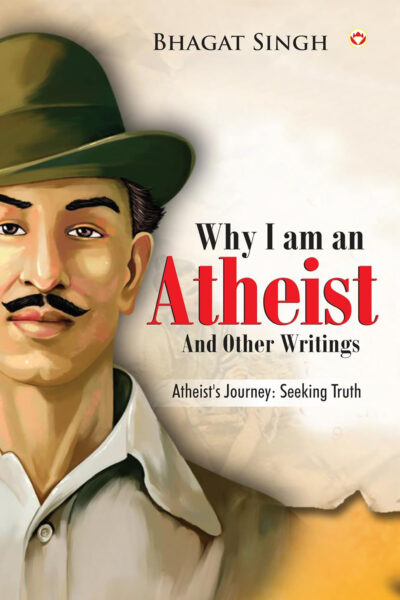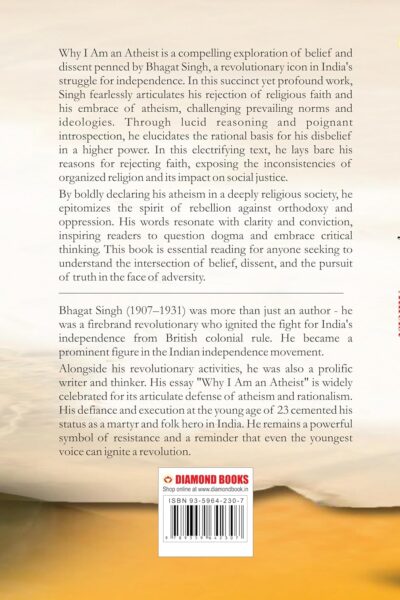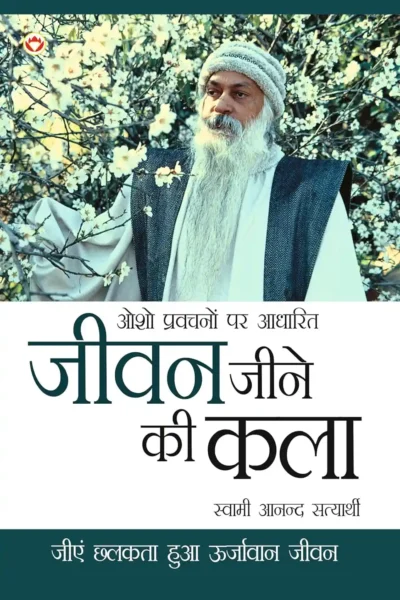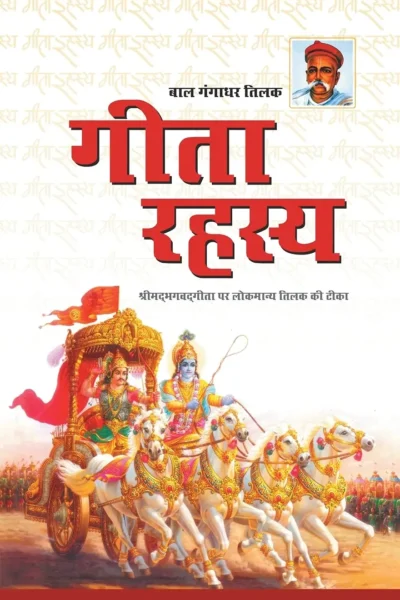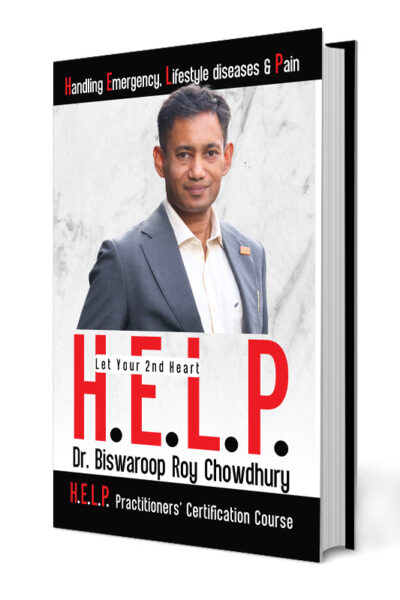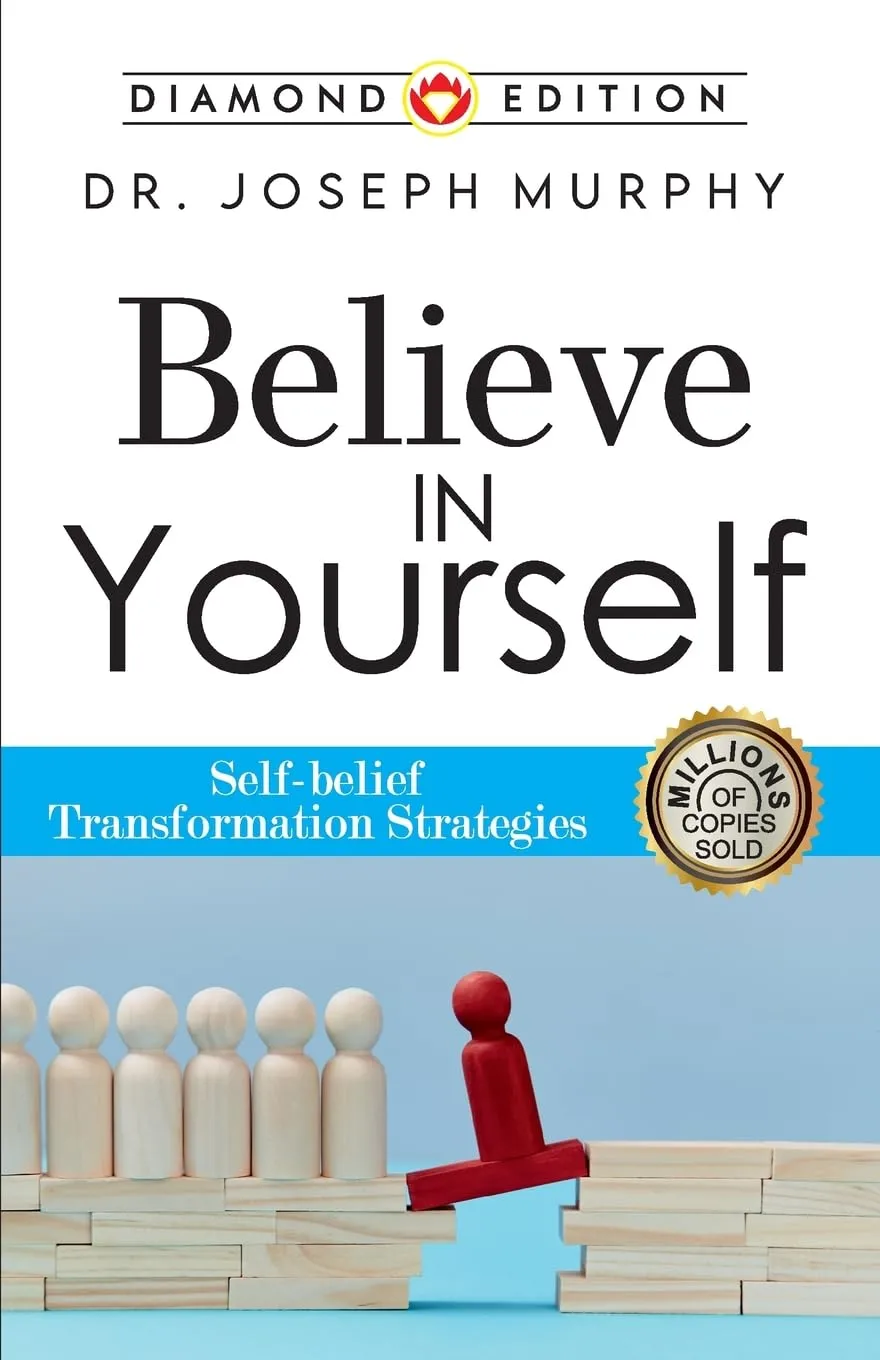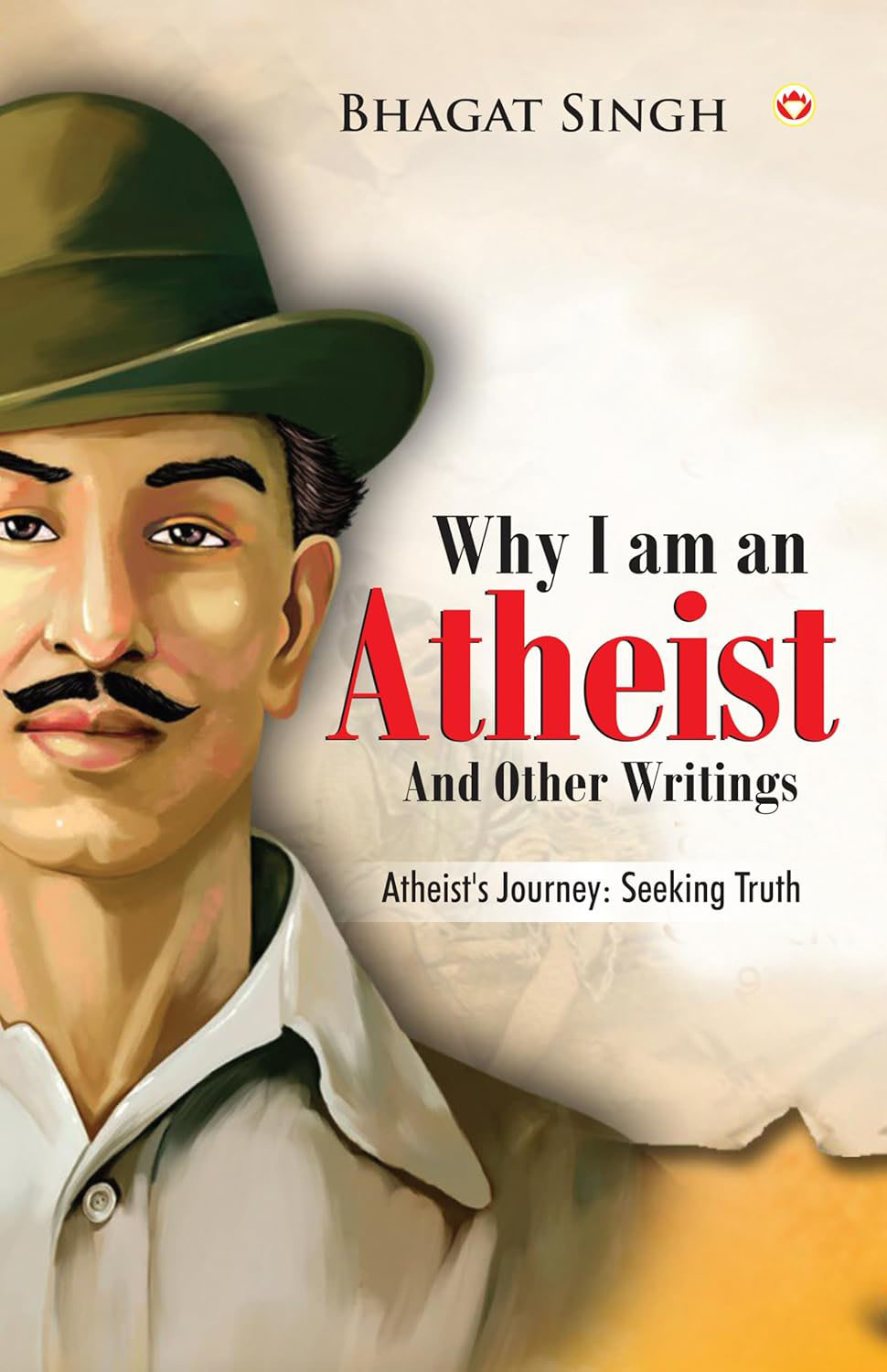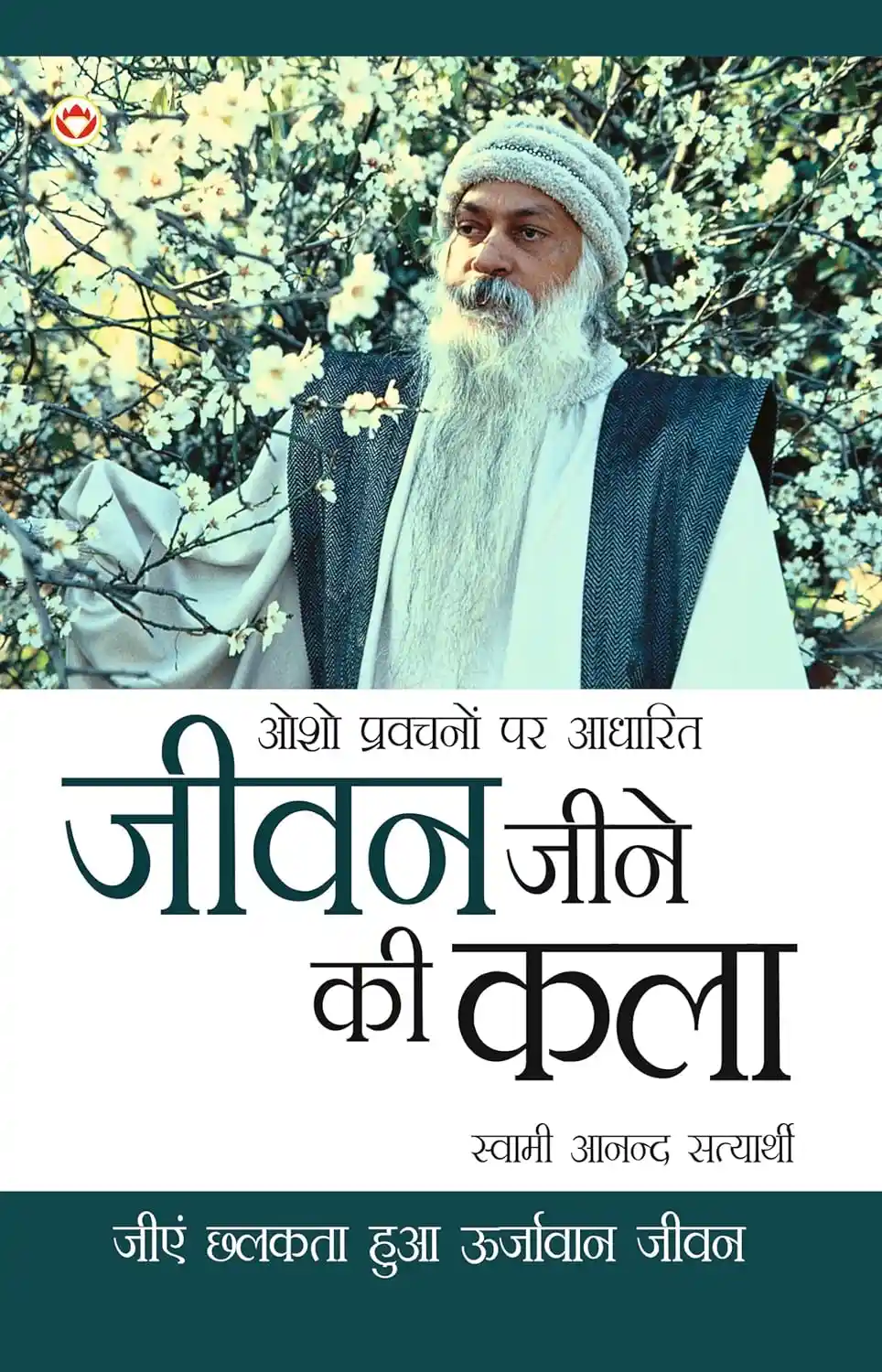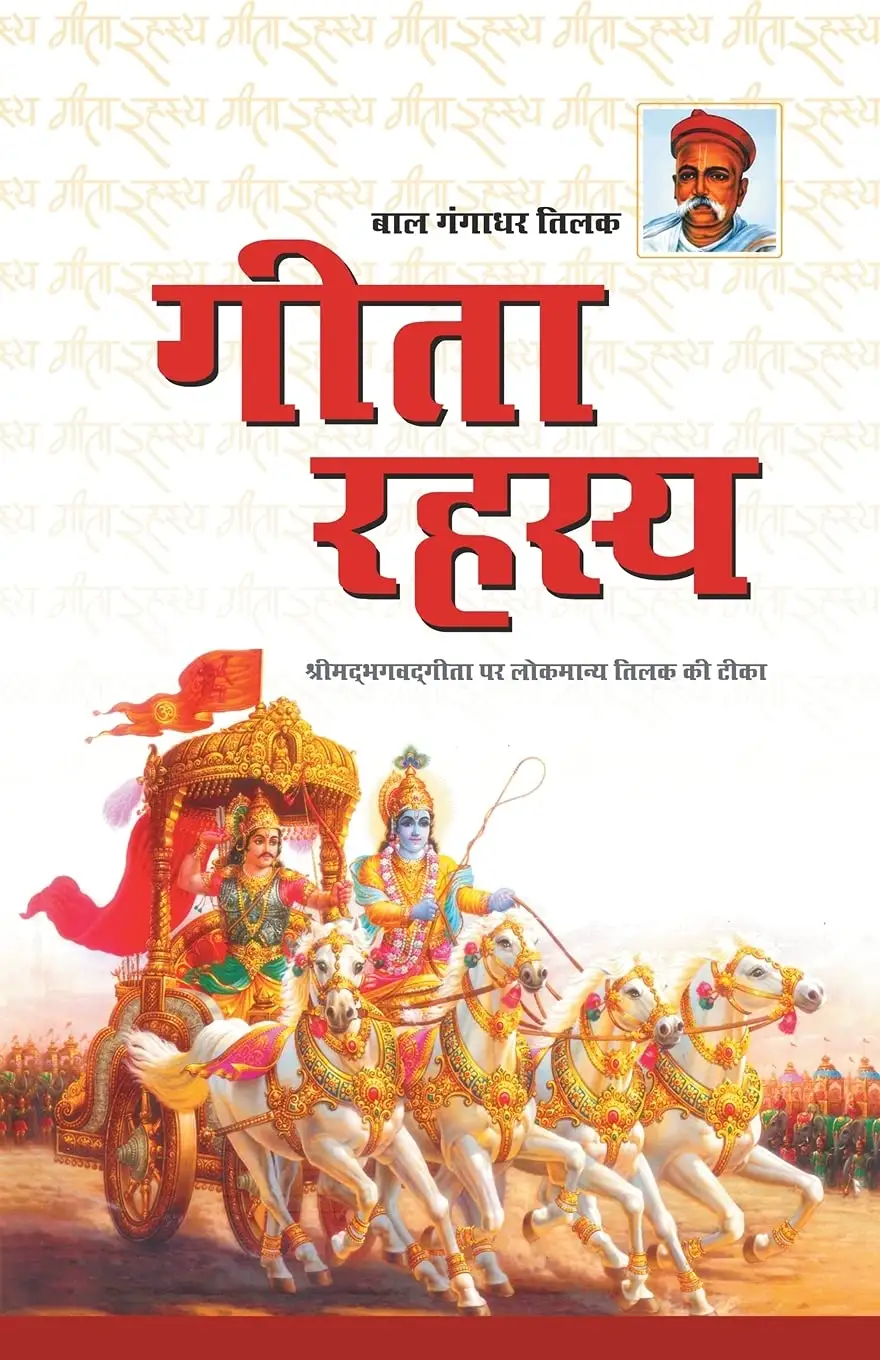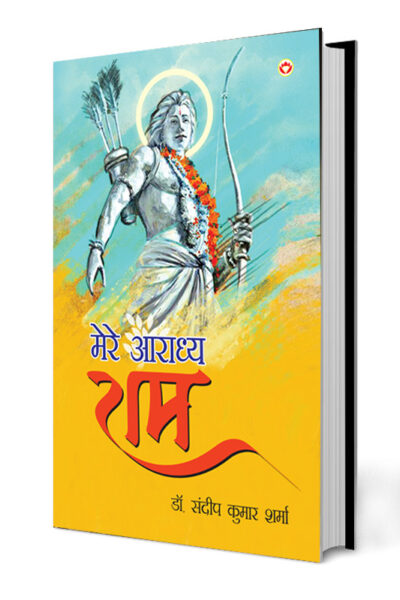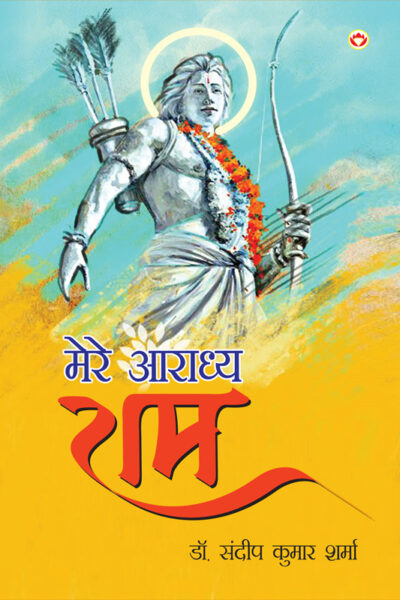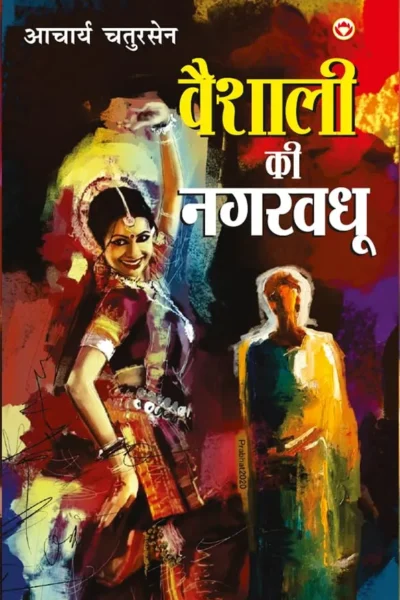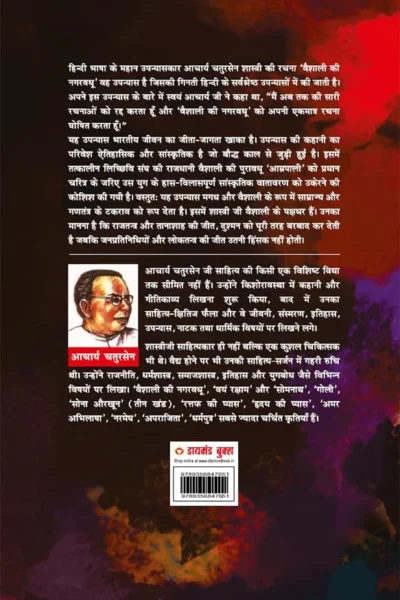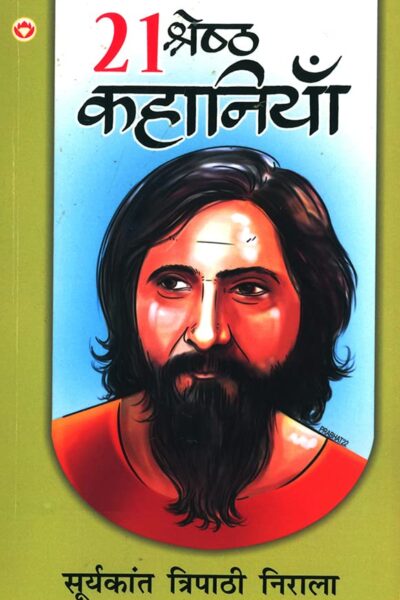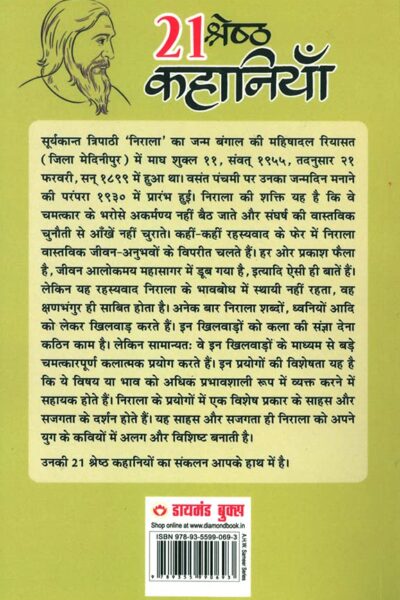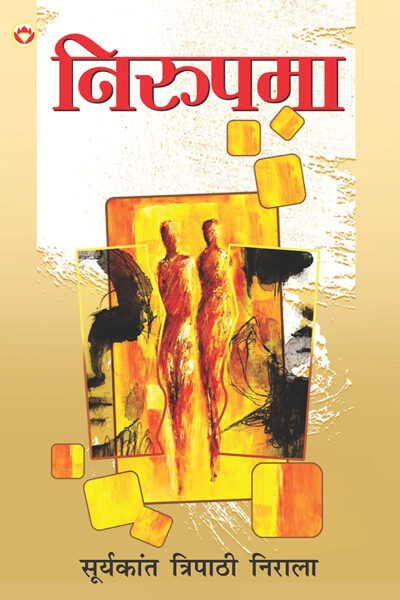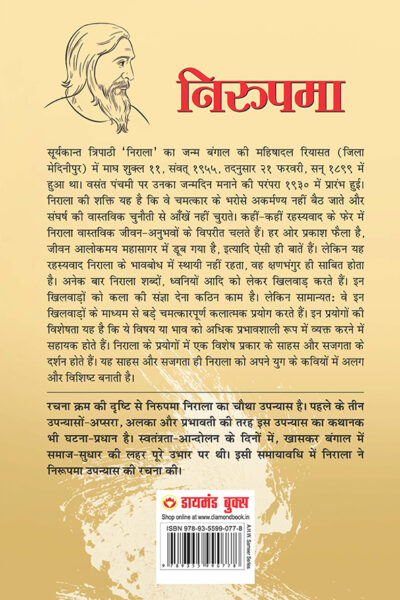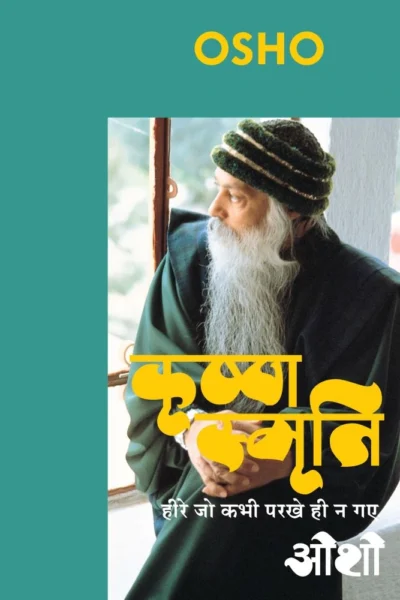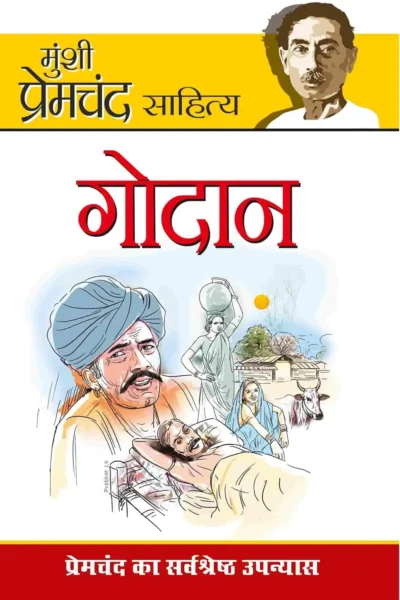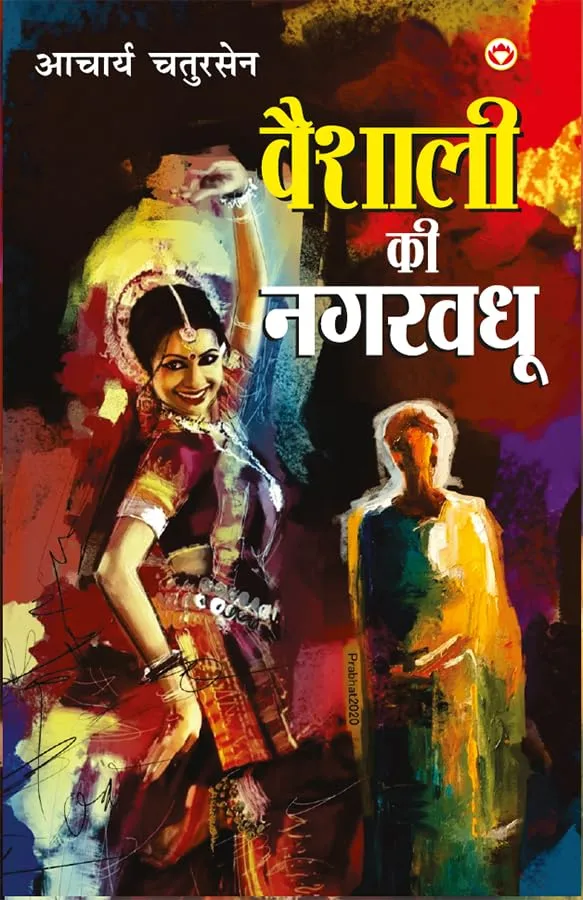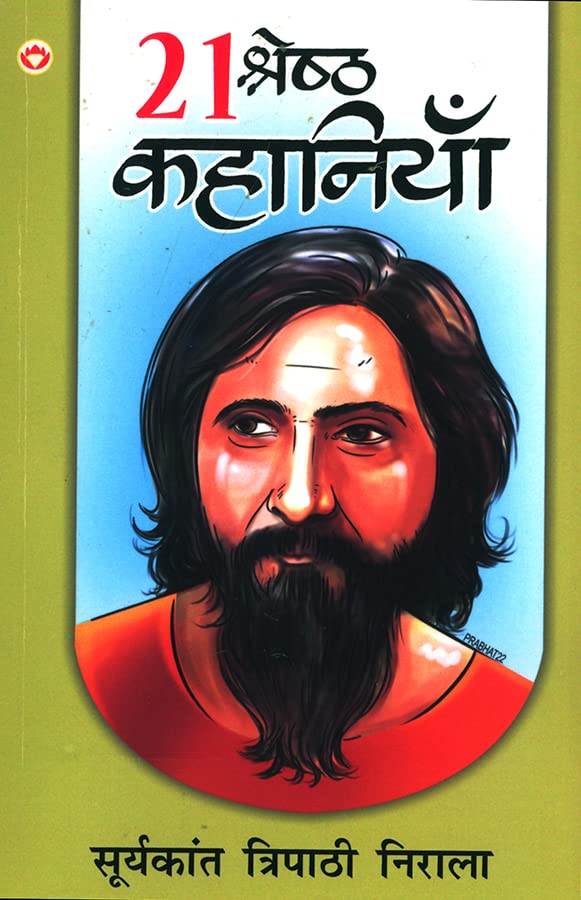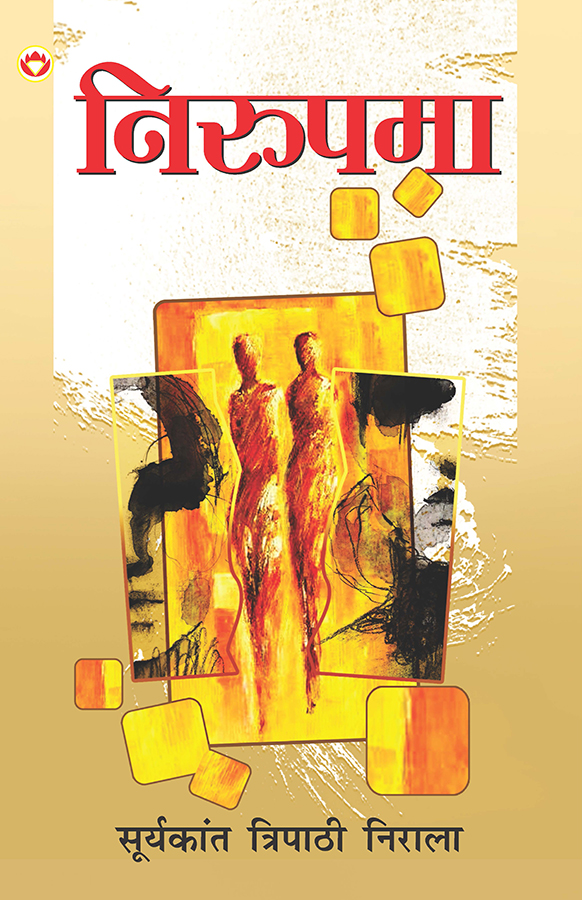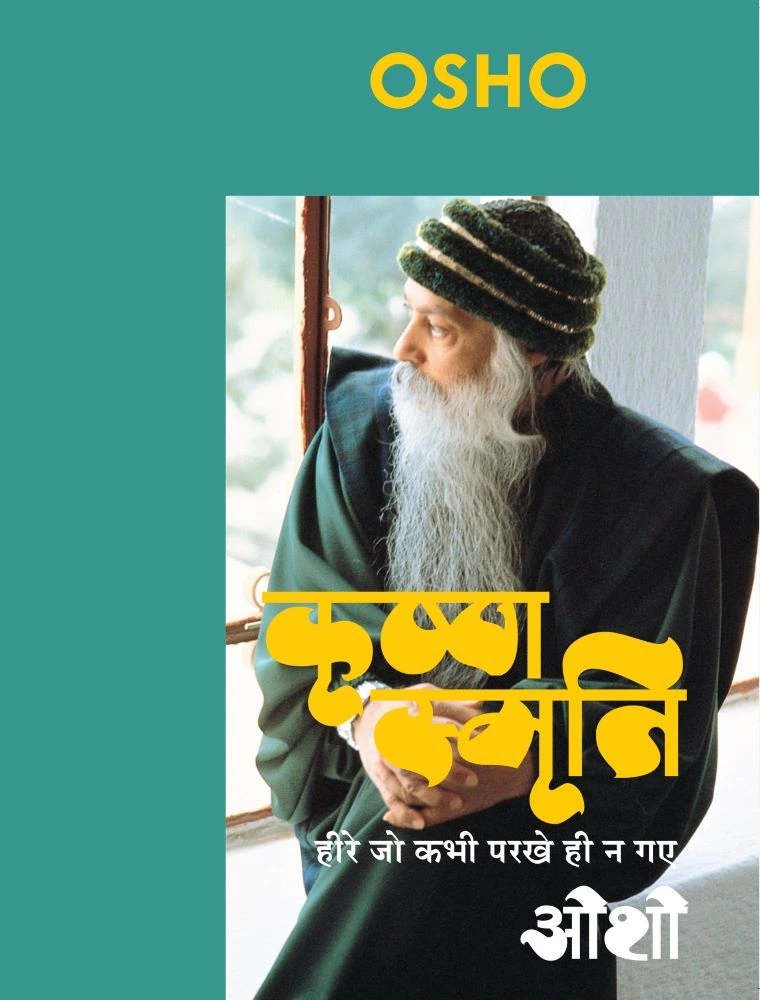Bestsellers
Explore the Most Popular Bestsellers
-
Uncategorized, Books, Diamond Books, Osho, Spirituality, Spirtuality
₹400.00Original price was: ₹400.00.₹399.00Current price is: ₹399.00. Add to cart -
Hinduism, Books, Diamond Books, Religious
₹175.00Original price was: ₹175.00.₹174.00Current price is: ₹174.00. Add to cart
Bestsellers
Explore the Most Popular Bestsellers
Fresh & Buzzing Releases
Fresh Off the Press: Must-Read New Releases
-
Modi Ki Videsh Niti (मोदी की विदेश नीति) in Paperback
₹250.00Original price was: ₹250.00.₹249.00Current price is: ₹249.00. -
Mahila Sashaktikaran : Samman, Samriddhi Aur Sudridhta (महिला सशक्तिकरण : सम्मान, समृद्धि और सुदृढ़ता) in Paperback
₹250.00Original price was: ₹250.00.₹249.00Current price is: ₹249.00. -
Bachchon Ko Seekh Dene Wali 51 Kahaniyan in Telugu (పిల్లలకు బోధించడానికి 51 కథలు) Telugu story books for kids-in Paperback
₹250.00Original price was: ₹250.00.₹249.00Current price is: ₹249.00. -
Rang-Birange Gubbare (Baal Kavitayen) in Hindi: रंग-बिरंगे गुब्बारे (बाल कविताएं) in Paperback
₹175.00Original price was: ₹175.00.₹174.00Current price is: ₹174.00. -
Jaat-Paat Ka Vinash in Gujarati (જાત-પાંતનો વિનાશ) Gujarati Translation of Annihilation of Caste by Dr. Bhimrao Ambedkar-In Paperback
₹175.00Original price was: ₹175.00.₹174.00Current price is: ₹174.00. -
Hundred Dates in Hindi (हंड्रेड डेट्स : लघुकथाएं) in Paperback
₹250.00Original price was: ₹250.00.₹249.00Current price is: ₹249.00. -
Jivan Aanand Ke Sutra in Hindi (जीवन आनंद के सूत्र) Self help book in hindi-In paperback
₹200.00Original price was: ₹200.00.₹199.00Current price is: ₹199.00. -
Osho Ek Jivat in Hindi (ओशो एक जीवट)-In Paperback
₹100.00Original price was: ₹100.00.₹99.00Current price is: ₹99.00. -
Biography of Prof. Dr. Chu Bao Que : Guardian of Heritage-In Paperback
₹250.00Original price was: ₹250.00.₹249.00Current price is: ₹249.00. -
Hanstey Muskrate Prasannta se Jiyen in Hindi (हंसते मुस्कराते प्रसन्नता से जियें) in Paperback
₹100.00Original price was: ₹100.00.₹99.00Current price is: ₹99.00.
Fresh & Buzzing Releases
Fresh Off the Press: Must-Read New Releases
-
Modi Ki Videsh Niti (मोदी की विदेश नीति) in Paperback
₹250.00Original price was: ₹250.00.₹249.00Current price is: ₹249.00. -
Mahila Sashaktikaran : Samman, Samriddhi Aur Sudridhta (महिला सशक्तिकरण : सम्मान, समृद्धि और सुदृढ़ता) in Paperback
₹250.00Original price was: ₹250.00.₹249.00Current price is: ₹249.00. -
Bachchon Ko Seekh Dene Wali 51 Kahaniyan in Telugu (పిల్లలకు బోధించడానికి 51 కథలు) Telugu story books for kids-in Paperback
₹250.00Original price was: ₹250.00.₹249.00Current price is: ₹249.00. -
Rang-Birange Gubbare (Baal Kavitayen) in Hindi: रंग-बिरंगे गुब्बारे (बाल कविताएं) in Paperback
₹175.00Original price was: ₹175.00.₹174.00Current price is: ₹174.00. -
Jaat-Paat Ka Vinash in Gujarati (જાત-પાંતનો વિનાશ) Gujarati Translation of Annihilation of Caste by Dr. Bhimrao Ambedkar-In Paperback
₹175.00Original price was: ₹175.00.₹174.00Current price is: ₹174.00. -
Hundred Dates in Hindi (हंड्रेड डेट्स : लघुकथाएं) in Paperback
₹250.00Original price was: ₹250.00.₹249.00Current price is: ₹249.00.

Diamond Books Recommendation
Handpicked Gems for Your Reading Pleasure
Diamond Books Recommendation
Handpicked Gems for Your Reading Pleasure
Must Read
Essential Reads You Can't Miss
-
Books, Autobiography & Memories, Diamond Books
₹300.00Original price was: ₹300.00.₹299.00Current price is: ₹299.00. Add to cart -
Occult and Vastu, Books, Diamond Books
₹200.00Original price was: ₹200.00.₹199.00Current price is: ₹199.00. Add to cart -
Diamond Books, Books, Family Health, Health
₹250.00Original price was: ₹250.00.₹249.00Current price is: ₹249.00. Add to cart

